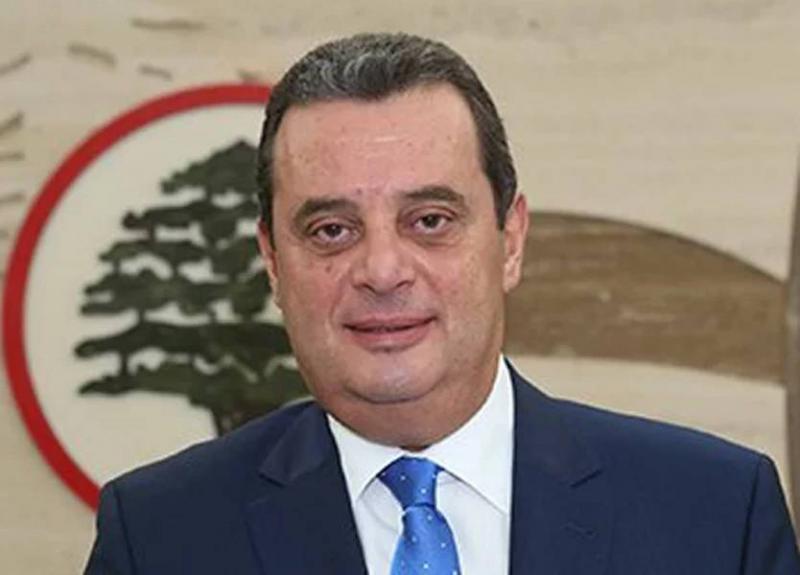MP Imad Wakim confirmed that the state of citizenship first requires the dissolution of religious parties, indicating that the solution to the sectarian issue should begin with religious parties before moving on to religious figures.
The National News Agency reported moments ago on a statement from Wakim in response to the remarks made by the distinguished Jaafari Mufti Sheikh Ahmad Qabalan regarding the assertion that Lebanon's sovereignty passes through a state of citizenship rather than a state of sects. Wakim wished that Sheikh Qabalan would address the historical words of Maronite Patriarch Bcharra Al-Rahi with the same spirit, depth, and elevation. He said, "However, unfortunately, Sheikh Qabalan has repeated the same recurring refrain that we do not believe he is convinced of, particularly regarding his statement that Lebanon's sovereignty passes through a state of citizenship and not a state of sects. While we agree with this statement, we ask him if he knows that the state of citizenship first demands the dissolution of religious parties—does he want to start, for example, with dissolving Hezbollah?"
Wakim considered that there is no solution to the sectarian issue from the top down; rather, it must start from the grassroots, specifically from within society, beginning with the religious parties before moving on to religious symbols. He commented on Sheikh Qabalan's conclusion that "the Baabda Declaration aimed to isolate Lebanon," affirming that the goal of it was to separate Lebanon from regional problems amid attempts to trap it in external conflicts by involving it in battles in Syrian, Iraqi, Yemeni arenas, and others. Furthermore, the goal of the Baabda Declaration was to prevent Lebanon from reaching the isolation it experiences today from both the Arab and Western worlds unless Sheikh Qabalan intends to imply that Lebanon's openness to one state is enough, evidenced by the poverty and deprivation.
Sheikh Qabalan stated that "the one who buried the National Accord Document is the dominating international power that wants Lebanon to be a state without authority or power," to which Wakim responded, "And it is worth reminding the Sheikh that the one who buried this document was the one who turned against it by refusing to give up his weapon for flimsy excuses, and who refused to withdraw his army until he was expelled by the people on April 26, 2005. Those who violated sovereignty, appropriated institutions, and pillaged the country are the forces of Syrian occupation and the resistance axis and its derivatives. As for your claim that demanding neutrality in the time of Israeli occupation and ISIS is betrayal, the real betrayal lies in the betrayal of the Taif Agreement, in undermining the Constitution and laws, in assassinations and liquidations, in isolating Lebanon from its Arab surroundings and its Western depth, in starving and impoverishing the Lebanese, in turning the homeland into a battlefield at the expense of Lebanon and the Lebanese, and in transforming the state into a failed and illusory entity."
Wakim asked, "Can you, Sheikh Qabalan, tell us who, for instance, spoke about neutrality towards Israel and ISIS? The desired neutrality, excluding the Palestinian cause of course, is neutrality from the region's problems and not involving Lebanon in wars it has no stake in. These wars are decided by the resistance axis and implemented in Lebanon at the expense of the blood of the Lebanese and the stability of their country. As for ISIS, it is a criminal group, and everyone is against it; those who confront it is the state. We do not need anyone to defend us, and we all have confidence in the Lebanese army and its capabilities."
Wakim concluded by stating that the only point he agrees with Sheikh Qabalan on is his assertion that "Bkerke is a symbol of national partnership, coexistence, and civil peace; it has always been and will remain as long as Lebanon exists." He commended Sheikh Qabalan for concluding well and applied the well-known principle that a good ending is the best ending.




